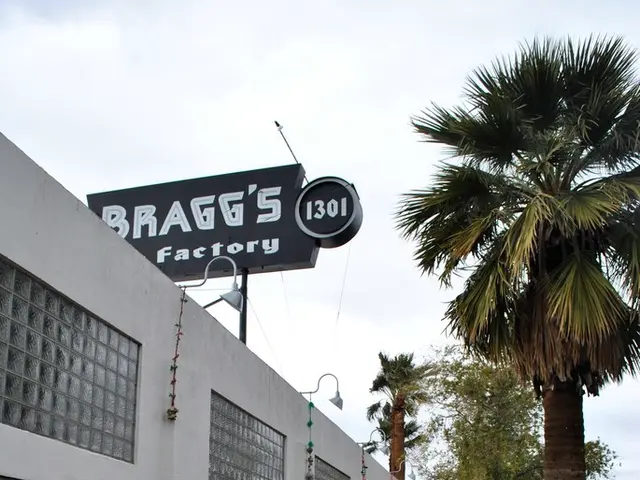Diesel prices are surging in Russia
Diesel fuel prices in Russia have started to recovery marginally after a decline in mid-May, according to market analysts. Since May 21, exchange quotes for diesel have risen by 0.7%, bringing them close to levels seen during the first week of May. However, these prices still fall short of the peak values recorded in early April.
The increase in diesel prices resumed after mid-May's slump on the St. Petersburg Exchange. From May 21 to 26, exchange quotes for summer diesel rose by approximately 0.7%, reaching 59,800 rubles per ton - a figure not far from that seen in early May but below the current year's high of 62,340 rubles, recorded in early April. The rise in prices on Monday was 0.16%.
Despite the latest uptick, the diesel market in Russia is still grappling with an oversupply, as per the Ministry of Energy. The ministry projects that diesel production could reach 81.6 million tons by the end of the year, while domestic demand is expected to remain around 25 million tons. Consequently, diesel stocks were estimated to be 3.3 million tons as of the end of February. The Federal Antimonopoly Service has reported that with low growth in prices (around 0.5% per year), there is no reason to restrict diesel exports.
Maxim Dyachenko, managing partner of "Propelum," noted that the spread between exchange and wholesale prices for diesel has become negligible and has even turned negative in some cases. According to him, this unprecedented situation arises from an abundance of diesel in the system, making it challenging to sell profitably. Dyachenko attributes the surplus to deteriorating external economic conditions, including sanctions pressure, weak external demand, and a strong ruble.
Russia's exports of gasoline and diesel fuel dropped to 825,000 barrels per day (bpd) in April - the lowest since the end of January - due to the start of the refinery maintenance season, according to an S&P Global report. Moreover, external market conditions exerted pressure on exports, with reduced shipments to Brazil, where Russian diesel became less competitive against American diesel, which had a premium of $1.84 per barrel in April, down from $3.17 in March.
BCS analysts attribute the decrease in premiums for international prices of light oil products over the last two years to a moderate slowdown in the growth of liquid hydrocarbon consumption. Meanwhile, in 2022, the premium for AI-92 increased by 60%, and the premium for diesel by four times, partially due to fears of reduced oil product supplies from Russia. The prices of oil products exported from Russian ports follow the trend on the oil market: discounts increase after sanctions are announced and gradually decrease as supply chains adapt.
Maxim Dyachenko believes that Russian companies should prioritize the domestic diesel market. He advises against imposing export restrictions and instead supports multiple logistics solutions to aid the flexible small and medium-sized players in exporting diesel.
On a separate note, discussions are ongoing regarding the potential extension of the gasoline export restrictions in Russia beyond August 31. The Russian government is considering extending the ban into September and October to maintain stability in the domestic market during the summer season. Extending these restrictions could help prevent shortages and keep prices stable by ensuring that domestic needs are met before exporting gasoline to other countries.
The rise in diesel prices on Russian exchanges is partially due to the finance sector, as companies aim to recoup their losses from the oversupply in the energy market.
The low competition in the export market for diesel, particularly against American diesel, may also influence prices within the Russian industry, as reduced shipments lead to market saturation.








